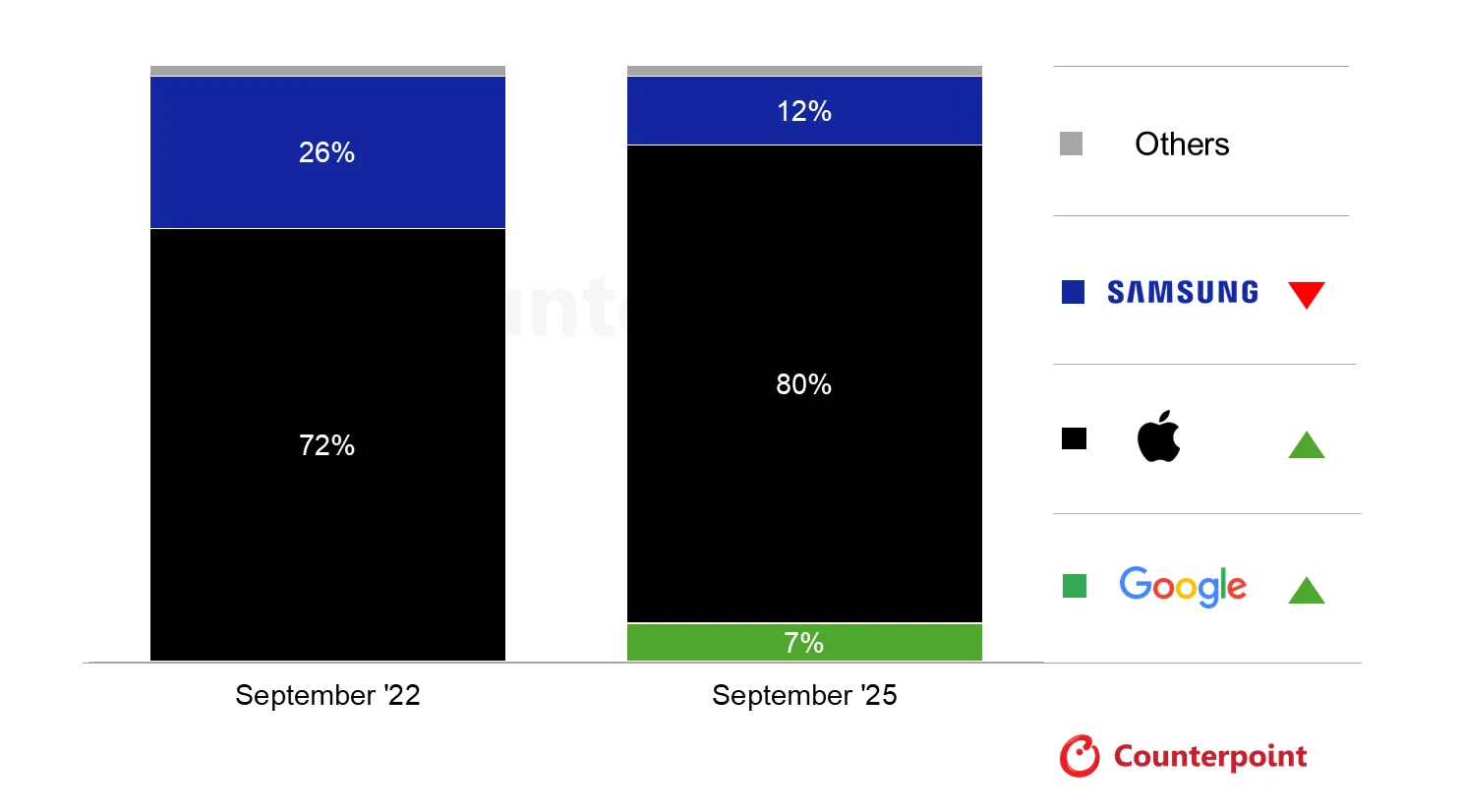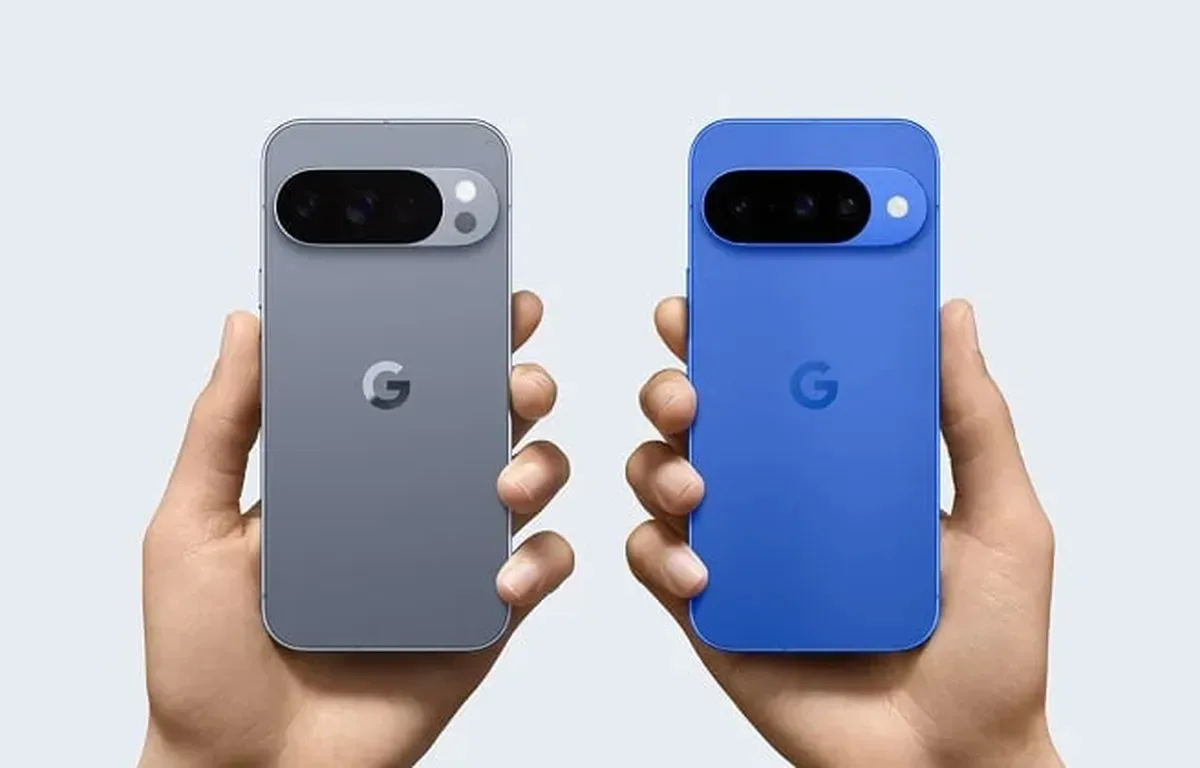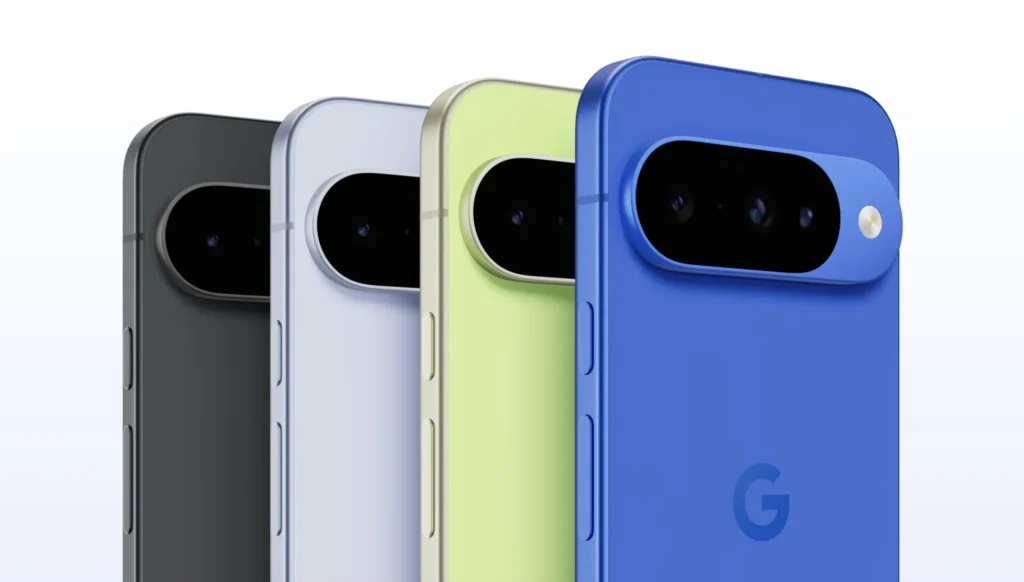Pixel 10 surges in sales: +28% growth in the US market despite the iPhone 17
The US smartphone market, long dominated by Apple and Samsung, has recently seen a major shift. According to Counterpoint Research, the Pixel 10 series from Google has skyrocketed in sales, reporting a 28% year-over-year increase, marking the best sales month in Google’s history in this market—even amidst the launch of the iPhone 17.
From Challenger to Major Player
In just three years, Google has increased its market share in the premium segment (priced at $600 and above) from 0.1% to 6.1%.
This remarkable rise has been fueled by strong partnerships with T-Mobile and Verizon.
- +28% sales increase year-over-year (September 2025)
- 6.1% share in the premium segment (up from 0.1% in 2022)
- Growing presence among major US carriers

According to Android Headlines, this surge is primarily at Samsung’s expense, as Android users seek out smoother phones free from heavy software overlays.
Gemini AI: The Key to Success
The success of the Pixel 10 heavily relies on the integration of Gemini AI, Google’s in-house artificial intelligence engine. Marketing campaigns have highlighted cutting-edge features such as real-time translation, smart photo editing, and integrated productivity tools (Docs, Gmail, YouTube).
This strategy has attracted an increasingly tech-savvy and professional audience. The timing—just before the holiday season—and extensive social media outreach have allowed Google to gain significant visibility.
American Carriers: A Growth Lever
Partnerships with carriers have played a pivotal role:
- The market share of the Pixel at Verizon has doubled over two years.
- T-Mobile has boosted sales through unlimited plans that include the Pixel.
- AT&T is expected to follow with new packages in 2026.
These partnerships have enabled Google to set records despite the fierce competition from the iPhone 17.
A New Competitor for the Apple-Samsung Duo

With this breakthrough, Google has finally established itself as a serious competitor. Prior to the Pixel 10, its overall market share in the United States was around 4%; it is now on track to surpass Motorola and TCL. “The Pixel attracts former Samsung users, not those of Apple,” says Jeff Fieldhack of Counterpoint. “And that completely changes the game on Android.”
However, the road ahead is not without challenges. To maintain this momentum, Google will need to innovate in hardware in the face of Samsung’s foldable smartphones, navigate the “ecosystem” advantage of Apple, and manage privacy issues related to its AI features.
Some experts also remind us that comparisons to 2022—marked by production issues—artificially inflate the growth rates.
Toward a Unified Google Ecosystem
This success is not limited to the Pixel; it strengthens the entire Google ecosystem—Gemini, Google Cloud, YouTube, Android, and Chromebook. The Pixel is becoming the cornerstone of the tech giant’s “AI-first” strategy. Analysts believe that Google is now on track to become the third global smartphone pillar, alongside Apple and Samsung.
If it keeps up this pace and continues to innovate, the Pixel could soon establish itself among the top three globally—a first for the brand since the series was launched.




